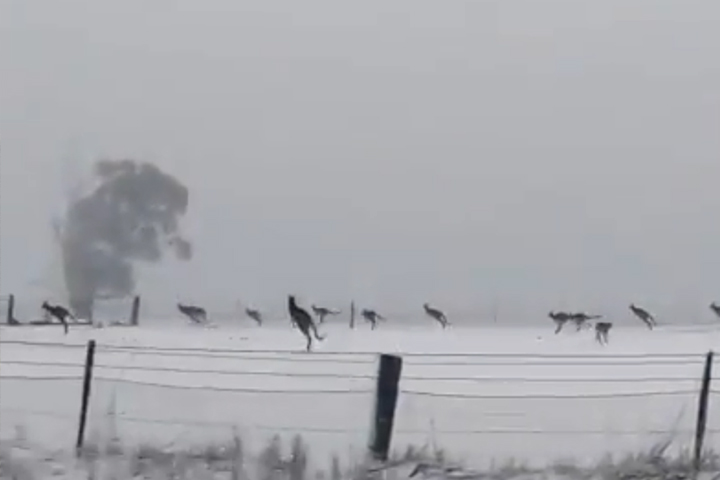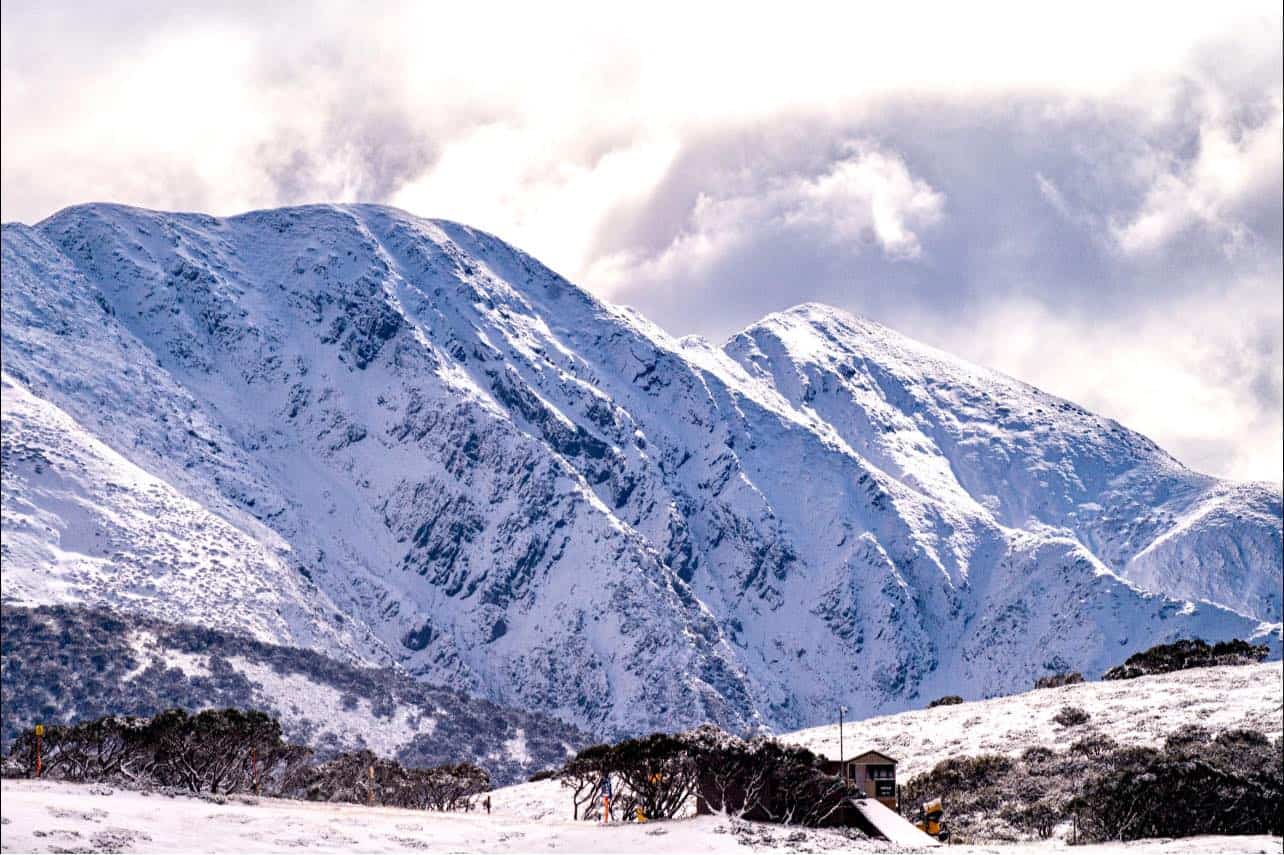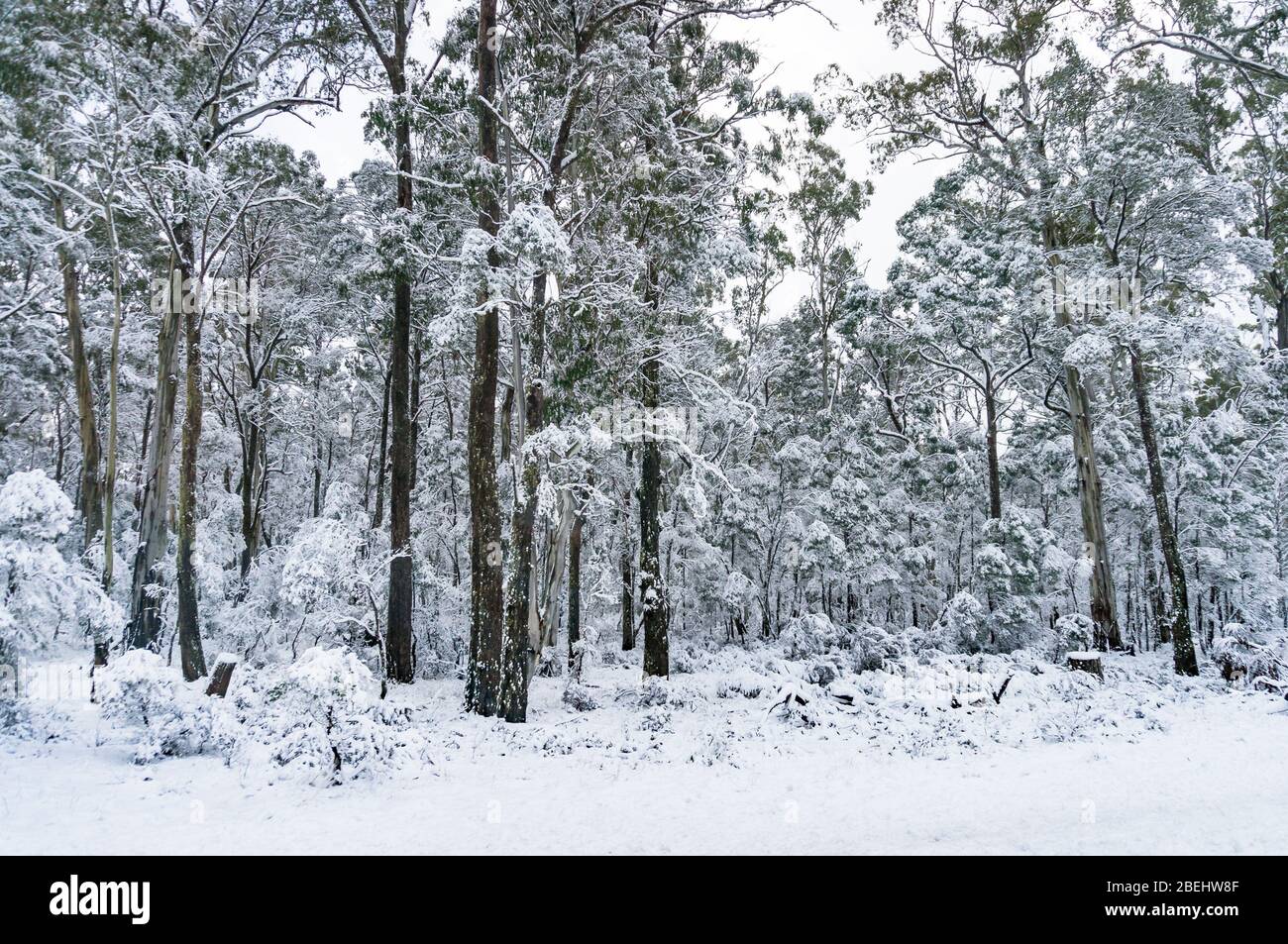Find Out How to Pack for a Journey to the Snow In Australia with Useful Tips
Find Out How to Pack for a Journey to the Snow In Australia with Useful Tips
Blog Article
Discover the Remarkable Results of Snow in Australia on Regional Communities
Regardless of its reputation for sun-soaked landscapes, Australia additionally flaunts areas blanketed by snow-- a phenomenon that profoundly affects the country's unique environments. The insulating residential or commercial properties of snowflakes shield flora and animals among the coldest winters months, while the melting snow supports rivers and aquatic life. Nevertheless, the real marvel depend on how these icy conditions shape the country's biodiversity and nutrient cycles. As we untangle this elaborate relationship, we locate ourselves treading on undiscovered premises in Australia's high country.
The Unanticipated Regions of Snowfall in Australia
Although Australia is frequently related to sandy beaches and sun-scorched landscapes, certain regions remarkably experience snowfall. The high country areas of New South Wales, Victoria, and Tasmania are especially understood for their wintertime snow. The Snowy Hills in NSW, for example, get abundant seasonal snow, supplying a plain contrast to the country's typical hot, dry environment. The Victorian Alps and parts of Tasmania likewise see annual snowfalls, changing the landscape right into a wintertime paradise. These areas are not just abnormalities but integral parts of Australia's varied climate system. The existence of snow in these regions significantly affects neighborhood environments, subsequently impacting the nation's one-of-a-kind biodiversity. However, the details influence on Australia's unique plants will be reviewed in the next area.

How Snow Impacts Australia's Distinct Vegetation
While it may seem unusual, snowfall in Australia plays an essential duty fit the country's special plants. The snow-filled winters foster resilience in Australian plant types. This is particularly evident in the towering and sub-alpine areas, where snow gum tissues and hill plum-pines prosper. These plants have evolved to survive in extreme conditions, with snow offering as a protective covering from freezing temperatures and rough winds. The snow also adds to the wetness material of the soil, supplying necessary hydration for plant during the dry summer months. Fundamentally, the snow affects the timing of flowering and seed dispersal, the growth prices, and the survival of several plant varieties, showcasing the detailed interplay between climate and flora in Australia.

The Adaptations of Australian Animal to Snowfall
Equally as Australia's plants has adjusted to the wintery conditions, the regional fauna also, show remarkable adjustments to the snowfall. Types like the Hill Pygmy-possum, the only Australian marsupial known to hibernate, have actually evolved approaches to endure in snowy environments. It utilizes the snow as insulation, hibernating in rock holes beneath the snow to remain warm. The Snow Skink, a varieties of reptile, transforms its colour to white throughout winter, providing camouflage versus killers. Birds such as the Snowy next page Hills' Crimson Rosella likewise adjust their diet regimens to eat offered food sources during cooler periods. Therefore, regardless of the harsh problems, Australian animals shows a adaptive and resilient nature, ensuring their survival in areas experiencing snowfall.
The Role of Snow in Forming Regional Communities
In forming the regional communities, the role of snow in Australia is both profound and multilayered. Snow offers a crucial water source, feeding rivers and storage tanks as it melts, therefore sustaining a selection of marine life types. The existence of snow forms the greenery patterns, animal behavior, and total sustainability of Australia's special ecological communities.

The Future of Snowfall in Australia: Predictions and Implications

Provided the essential function snow plays fit regional environments, the future of snowfall in Australia is drawing enhancing focus from researchers and conservationists. Existing climate designs forecast a significant decrease in snowfall because of worldwide warming, with possibly profound effects on regional ecosystems. Less snow can cause lowered water accessibility in alpine areas, adversely affecting wild animals habitats and plant life. It might change the timing of seasonal changes, interrupting the life cycles of many indigenous species. The tourist market, heavily dependent on the winter months snow period, might also encounter considerable challenges. For that reason, comprehending these forecasts and their implications is critical to more info here develop effective conservation approaches, making certain the conservation of Australia's unique biodiversity and the sustainability of its economy.
Conclusion
The duty of snow in Australia's ecological communities is pivotal yet typically neglected. Hence, the snow in Australia is a lot more than a natural spectacle; it's a crucial player in the nation's environmental narrative.
Despite its reputation for sun-soaked landscapes, Australia also boasts regions buried by snow-- a Visit Your URL phenomenon that greatly influences the nation's special communities. It uses the snow as insulation, hibernating in rock gaps underneath the snow to stay warm - Snow In Australia.In forming the neighborhood communities, the role of snow in Australia is both extensive and multilayered. The existence of snow shapes the greenery patterns, pet behavior, and total sustainability of Australia's special communities
Provided the critical duty snow plays in shaping regional ecological communities, the future of snowfall in Australia is drawing raising focus from ecologists and researchers.
Report this page